Introduction
Quesadillas are a staple on many families’ dinner tables, and the truth is that they are filling, delicious, and nutritious. But can dogs eat quesadillas? Can they harm them in any way?
We’re answering this question and more in this article, so keep on reading!
Are Quesadillas Good for Dogs?
Not really.
If you are adamant about giving your pup a quesadilla and you make sure that you skip the seasonings or other potentially harmful ingredients (such as onion or garlic sauce), perhaps it’s not the worst food for dogs.
The problem is that many people these days buy premade quesadillas, where they can simply throw them into the microwave oven or grill them and then they’re ready to eat.
Store-bought quesadillas can have a lot of ingredients that are unsafe for dogs. While the recipe might vary from one brand to the next, they’re generally not a good option for your pet.
Check out the following section for a bit more detail on the risks you are exposing your dog when giving them quesadillas.
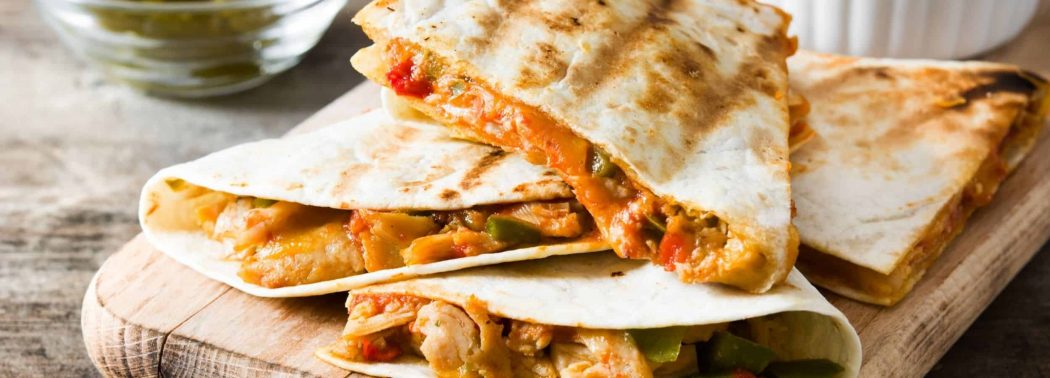
Are Quesadillas Bad for Dogs?
Most of the time, yes!
Seasonings
The seasonings and condiments used in quesadillas largely depend on how people prepare them or whether they even make them at home or not.
But more often than not, you can find a lot of these additions in a quesadilla, from chili powder to jalapenos, mustard, and a variety of such ingredients.
Dogs are not supposed to have any of them as they can lead to many unpleasant symptoms, including digestive distress. In some cases, they might even cause lethargy or a loss of appetite for a couple of days or so.
Onion or garlic
These two are particularly dangerous for dogs and can lead to a bad case of intoxication.
Some pets might even die after eating a lot of garlic or onion powder, so veterinary assistance is necessary immediately after you’ve discovered that your dog ate a quesadilla.
Various quesadilla types might contain chives, which is another risky ingredient as it is also a member of the same plant family as onion and garlic, Allium.
Dairy intolerance
Many dogs out there have a dairy intolerance, and if there’s anything that every quesadilla contains, it’s cheese.
Whether it’s cheddar, American cheese, or anything else, this ingredient can put your dog’s health in danger or at least make them experience gas, bloating, and diarrhea.
Too much salt
While quesadillas aren’t necessarily made to have excessive amounts of sodium in them, the truth is that lots of manufacturers now add more than what would be the usual quantity.
Sodium is not only an added ingredient but also comes from the cheese that we have just mentioned. The truth is that dogs should have as little salt in their diets as possible, especially since most kibble varieties these days already contain small amounts of it.
Too much sodium can be detrimental for dogs to the point that it puts them at risk of developing cardiovascular pathologies.
Grains
While quesadillas can be made of corn, and it would seem to be better compared to regular wheat, the truth is that none of these grains is a good option for dogs.
This species is not supposed to have grains at all. While it’s true that compared to cats and other species, dogs can be considered omnivores, that doesn’t mean that they should have wheat, barley, oats, corn, or any other types of grains whatsoever.
Some pets can be allergic to the tortillas themselves or could experience gastrointestinal health problems after munching on them.
Artificial chemicals
Store-bought quesadillas are rarely free of nasty additions such as preservatives, artificial colors, binders, and a variety of such substances that can have a negative effect on a dog’s health.
Not only are these not the best ingredients in the world, but most of them are actually carcinogenic — so they can increase the risk of your pup developing cancer later on in life.
Too many calories
In the end, a quesadilla is anything but a light snack. Therefore, it adds to your dog’s daily caloric intake, so that is a problem in itself.
Dogs that are overweight or predisposed to obesity should never have quesadillas, especially if they tend to have higher blood sugar levels and might easily develop diabetes.
How Many Quesadillas Can My Dog Eat?
None!
Even if you make your quesadillas at home, the tortilla itself and the rest of the ingredients are quite unsafe for this species.
Why take the risk and put your dog’s health in jeopardy when they can easily live without eating quesadillas?

My Dog Ate a Quesadilla. What Should I Do?
It depends on several factors. The first would have to be what the quesadilla exactly contained and how much your dog had.
The second would be your dog’s health status and their size. If they’re a Chihuahua and they’ve had a whole quesadilla, it’s probably time to go to the animal hospital rather than wait for unpleasant symptoms to start showing up.
In any case, just to be on the safe side of things, you should at least call your veterinarian and ask them what the best course of action would be.
Frequently Asked Questions
No. Your dog could be lactose intolerant, which means that they could start showing some really bad signs in about one or two hours’ time after eating the quesadilla.
No. In theory, completely unseasoned chicken quesadillas aren’t as bad as the rest, but the truth is that this dish usually contains other potentially harmful ingredients, such as onion, garlic sauce, cheese, jalapenos, and more.
Summary
So, can dogs eat quesadillas? No.
They are not the best treats for dogs and they can put their health in danger, having you both end up at the emergency vet clinic. Treating indigestion or intoxication in dogs can set you back hundreds of dollars or more, so it’s not worth the risk.
Make sure to advise your family members and whichever of your friends comes over for a visit that they should not give quesadillas to your dog.
Sources
- Adverse food reactions in dogs and cats, Frederic P. Gaschen et al, 2011
- Effect of high sodium and high water intake on 24-h potassium balance in dogs, W. Boemke, 1990
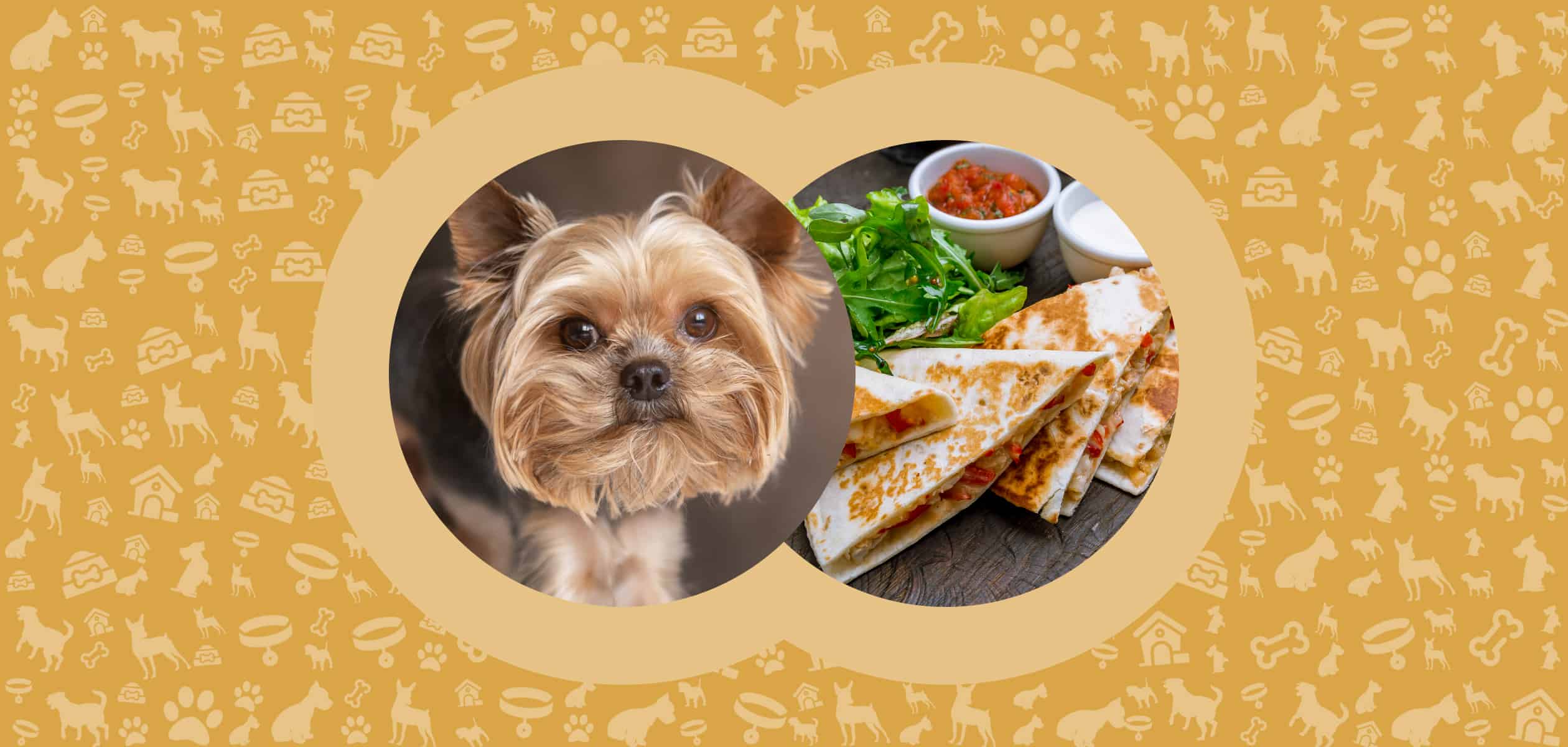
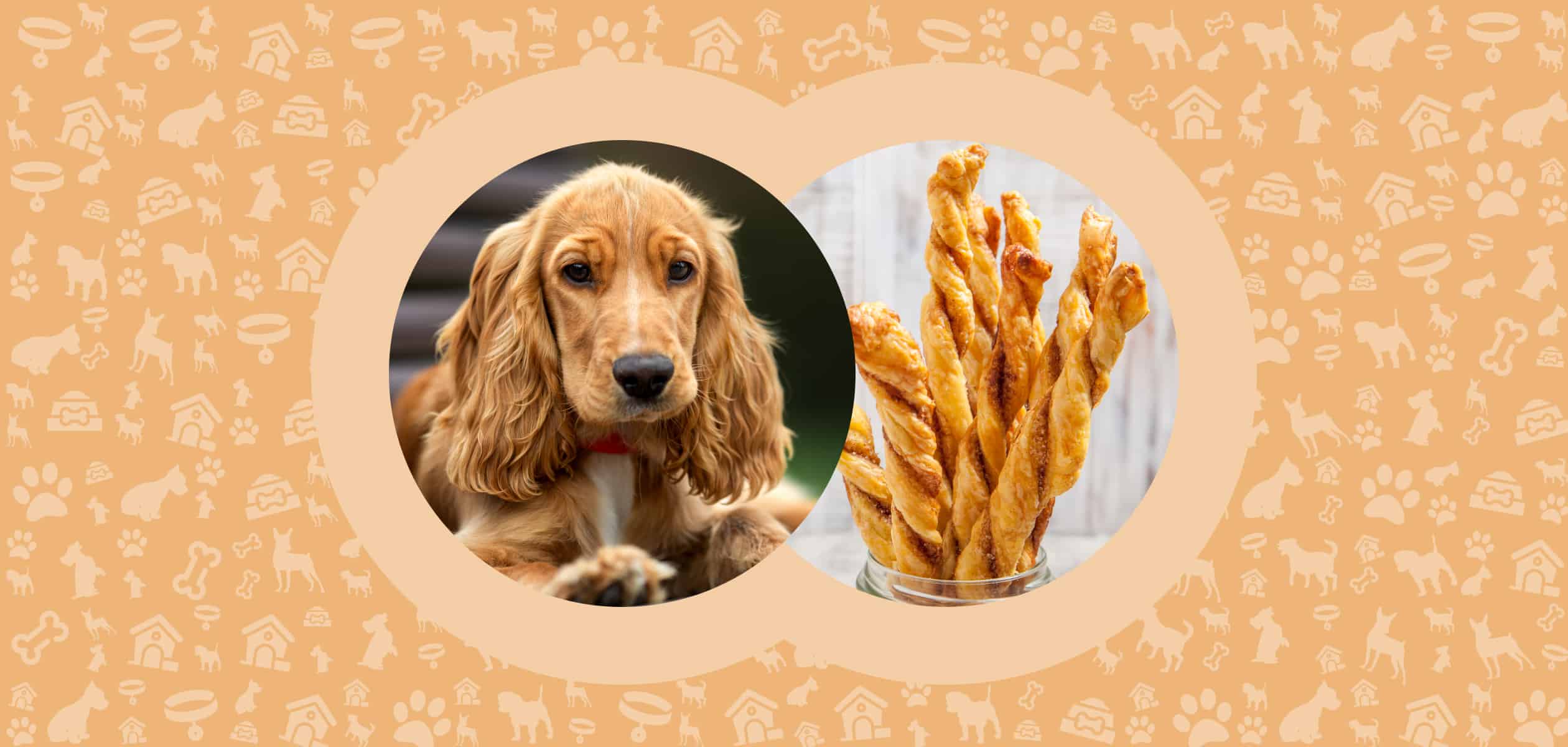
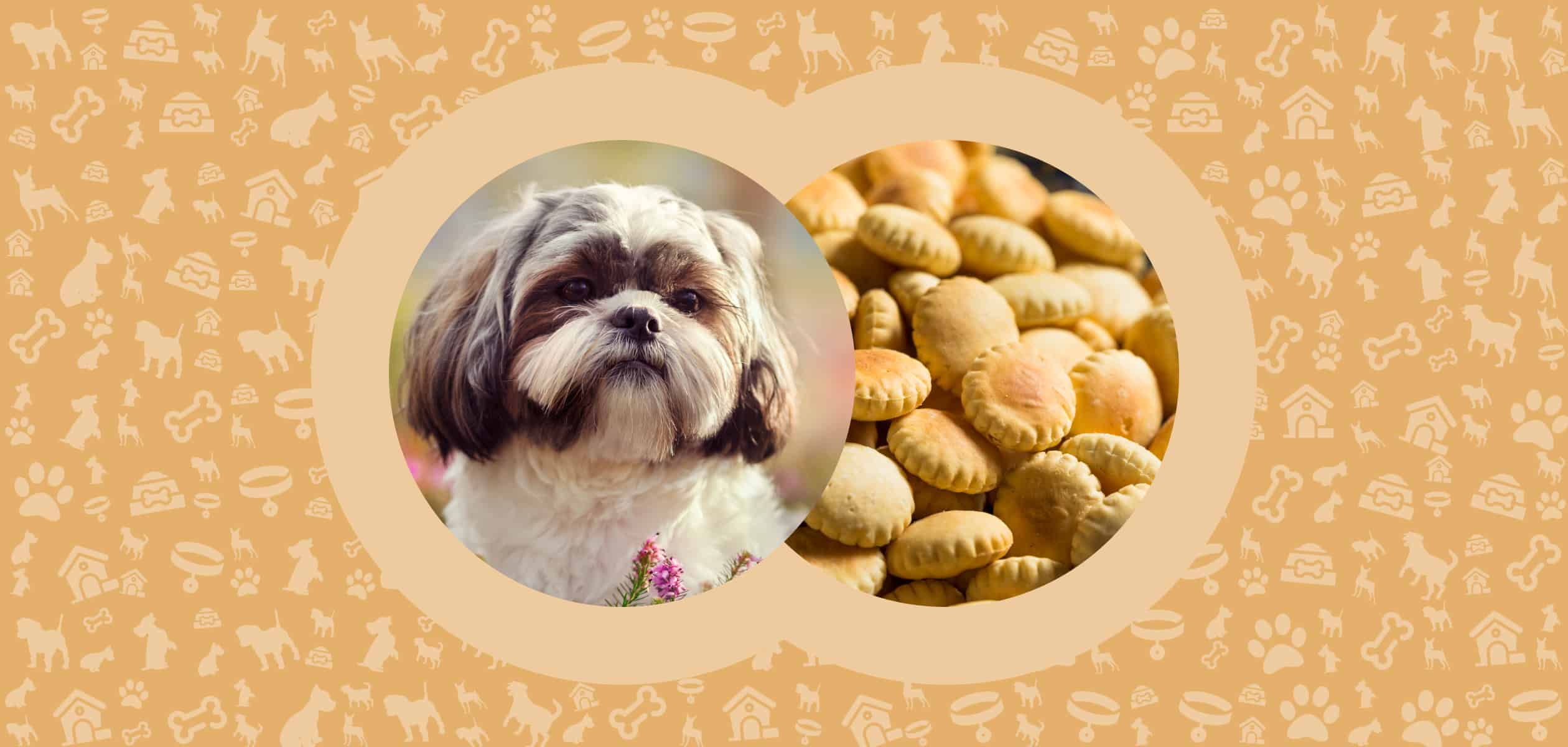
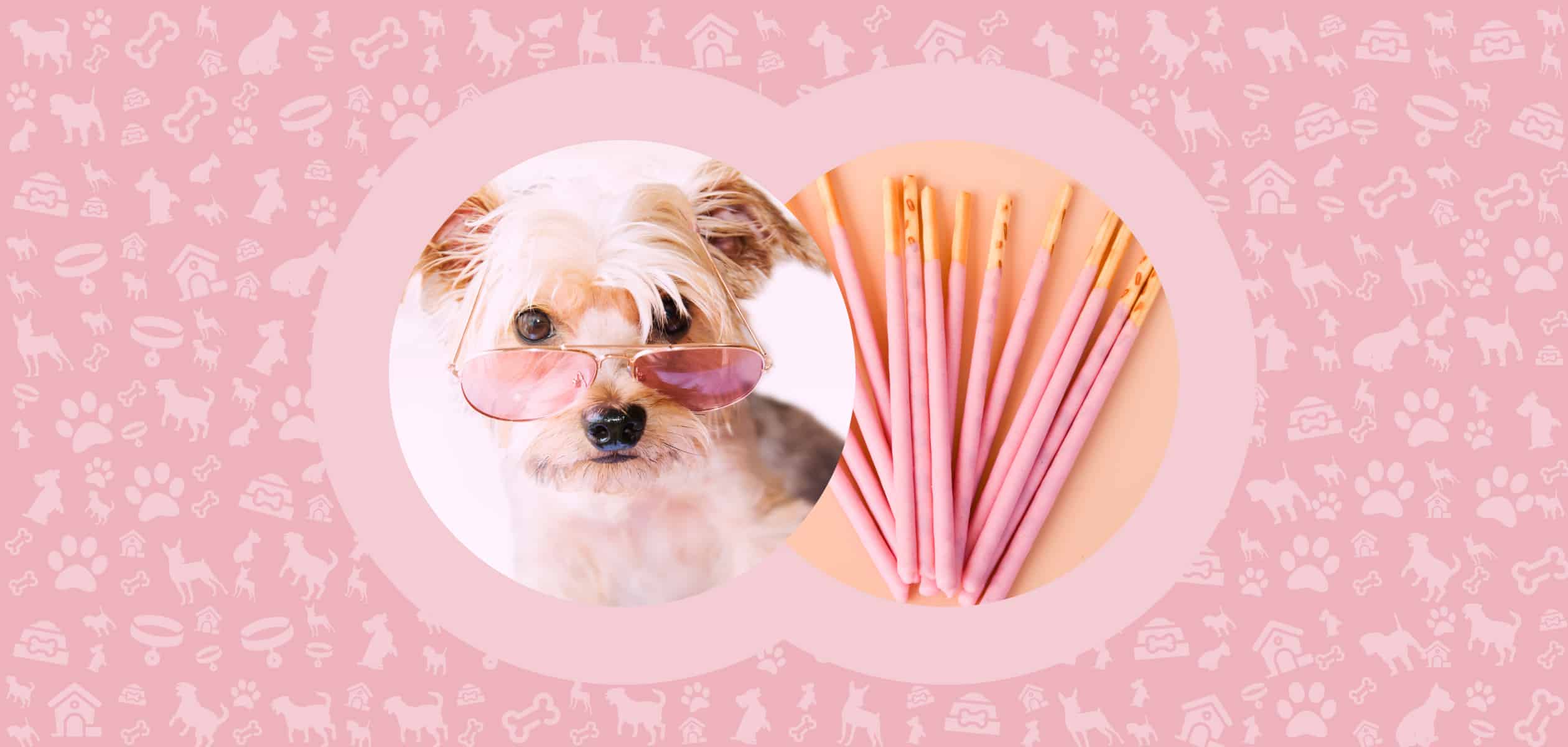
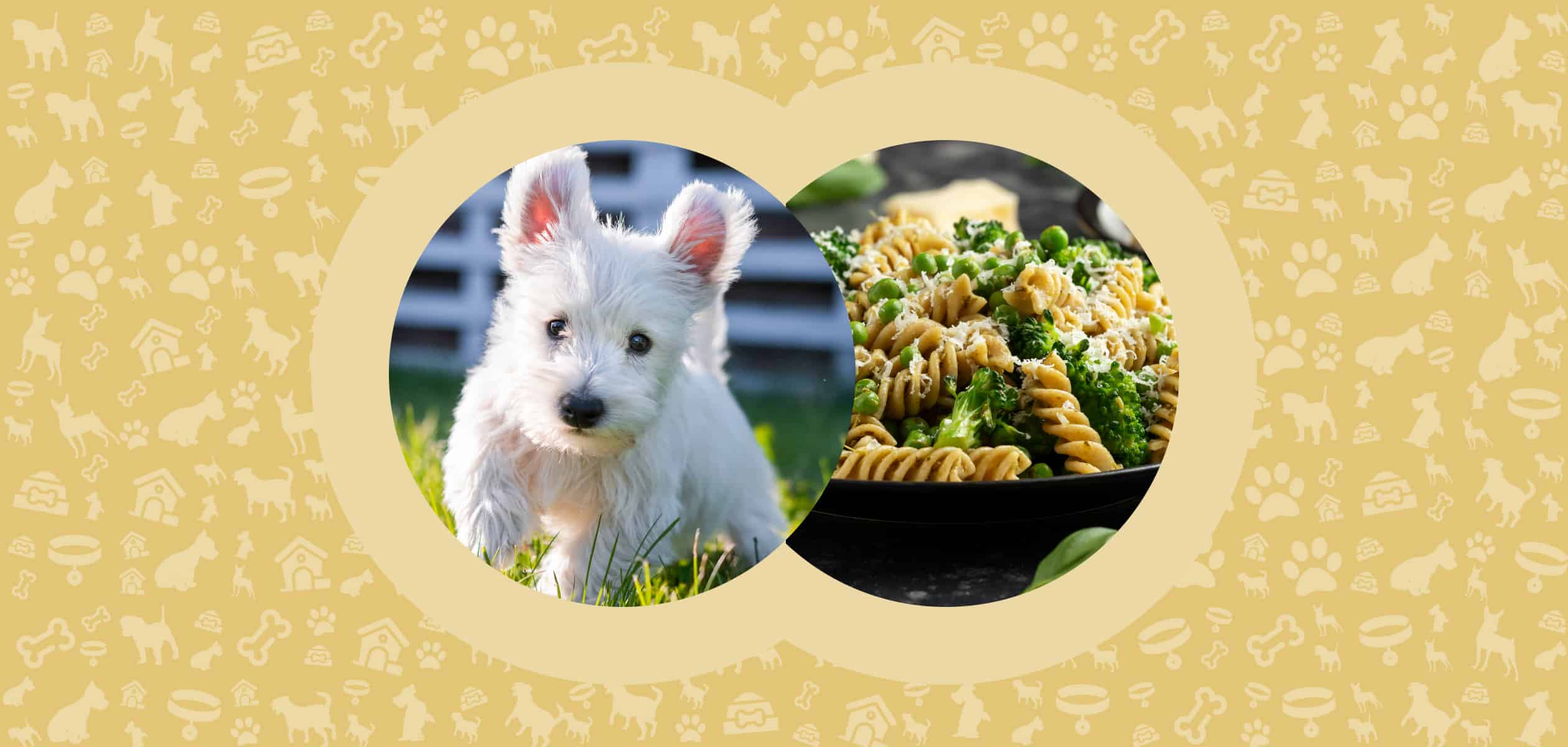
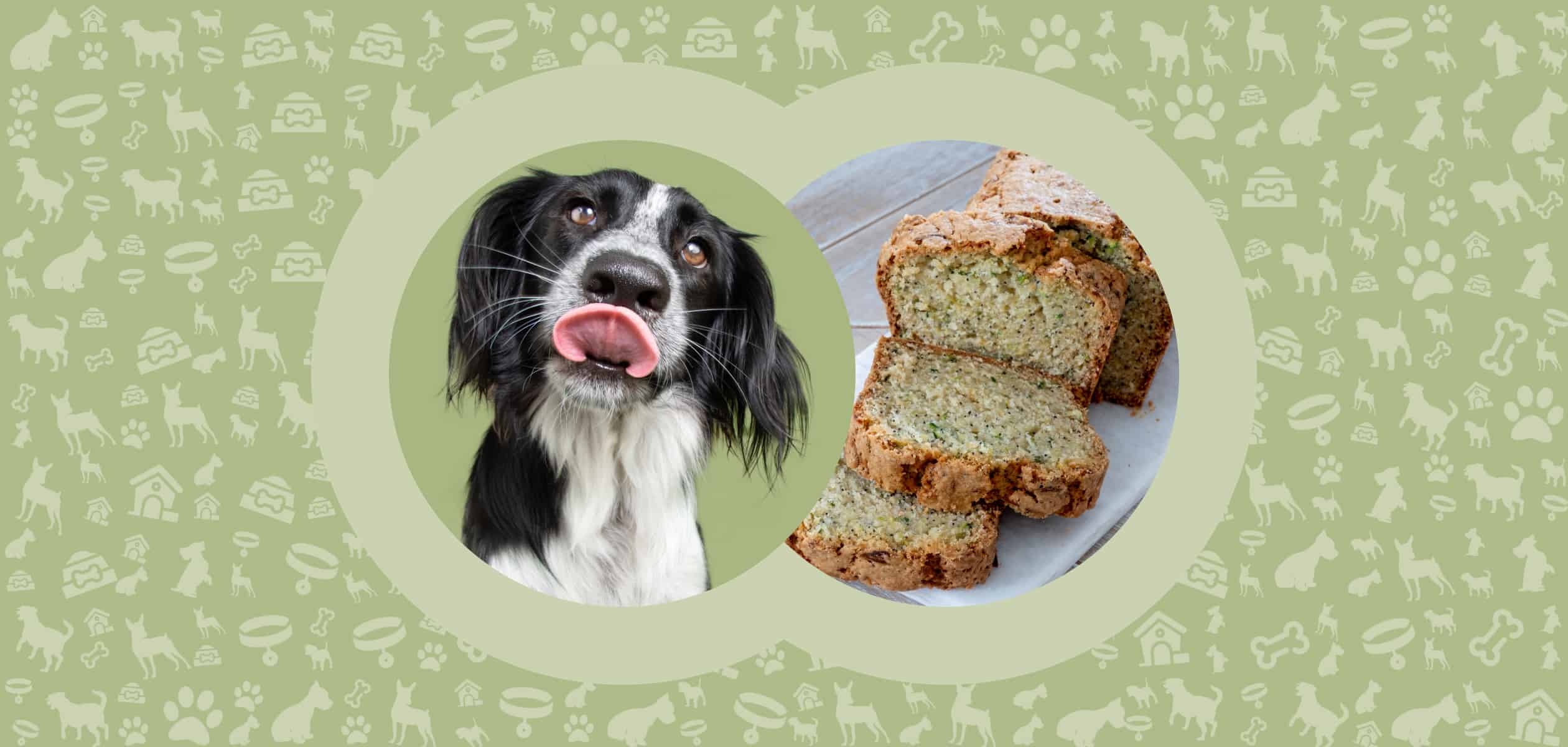
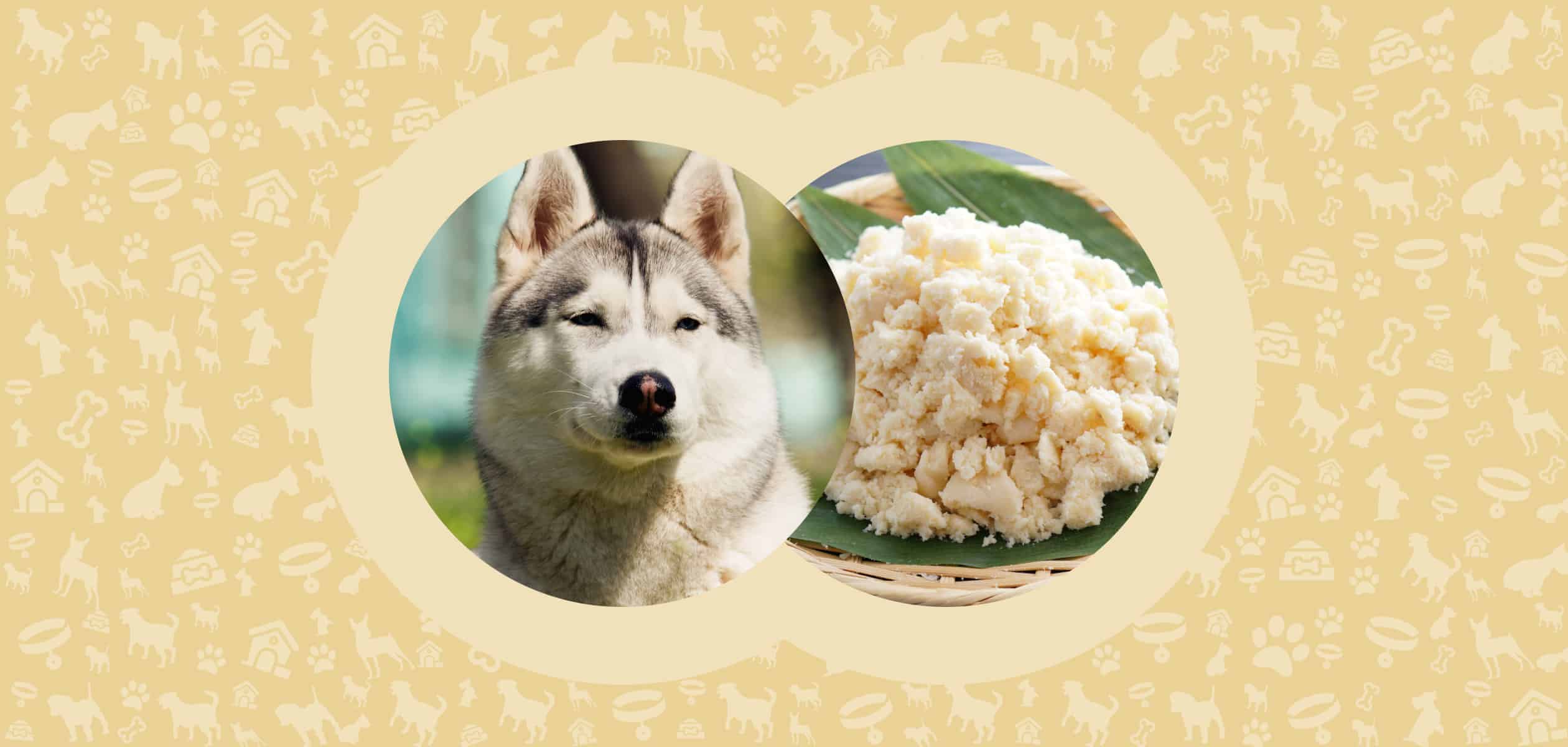
Leave a Comment